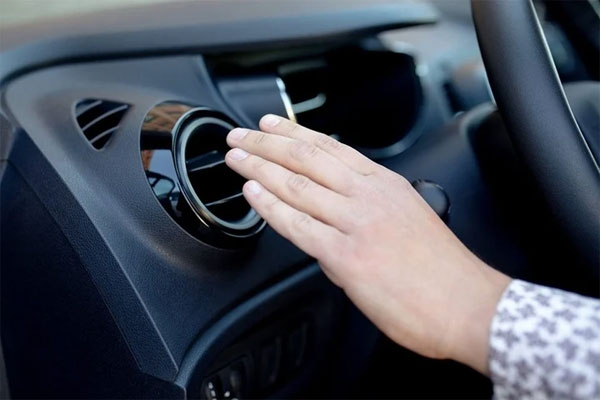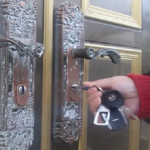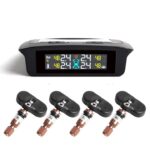The winter months in the North often experience a significant drop in temperature, sometimes falling below 10 degrees Celsius, causing a series of unexpected issues for cars. Many people also have the habit of using their vehicles inappropriately, which further increases the risk of breakdowns.
Here are some bad habits that can damage your car during winter and need to be adjusted:
Repeatedly starting the engine to warm it up
This is one of the unhealthy habits of car users when the outside temperature drops during winter. Many car owners believe that continuously starting the car will activate the operating system and warm up the engine. However, in reality, this action is a factor that causes the spark plugs to fail prematurely and reduces the lifespan of the engine.
Modern car models are designed by manufacturers with consideration for adaptability to different weather conditions and are equipped with necessary features to perform well even in harsh weather. Therefore, it is not necessary to continuously start the engine to warm it up. If the temperature is too low, you can prepare an additional backup battery to jump-start the engine.

Continuously starting the engine to warm it up is an unhealthy habit for cars. (Photo: Cartimes)
Ignoring idling
When the temperature drops, if the car has been stationary overnight, the engine oil will settle or thicken more than usual. Therefore, it is essential to start the engine and let the car idle for about 1 minute to allow the oil to return to its normal state and circulate properly throughout the engine.
Many drivers have the habit of driving off immediately after starting the car. This habit can be detrimental to the engine as some internal components may not have sufficient lubrication yet. When the car moves, the engine revs increase, resulting in higher friction and faster wear and tear.
Driving with the window open
The cold weather may discourage drivers from using air conditioning, opting instead to open the window to let in fresh air to save fuel. However, winter air is dry and often contains fine dust. Opening the window allows dust and dirt to enter the cabin, making the interior dirty.
Furthermore, opening the window increases the vehicle’s air resistance, especially when driving on highways. This causes the car to consume more fuel compared to driving with the windows closed.
Overinflating tires
Many drivers believe that they should underinflate tires in the summer and overinflate them in the winter, following the principle of “hot expansion and cold contraction.” However, tires are in constant contact with the road surface. When driving at high speeds, friction with the road can still generate significant heat, affecting tire quality similarly to summer conditions.
Additionally, the combination of low temperatures and dry air can cause tire cracks. Therefore, overinflating tires in winter can have serious consequences. It is recommended to maintain the tire pressure as advised by the manufacturer, regardless of the season.
According to VTC News
The Magic of a Little Cooking Oil: A Simple Household Hack to Solve Many Problems
Cooking oil is an essential ingredient in the kitchen, but did you know it has a myriad of other interesting uses? From beauty hacks to household tricks, this humble ingredient can do so much more than just fry your food. Uncover the surprising versatility of cooking oil and discover a whole new world of possibilities beyond the stove.






































